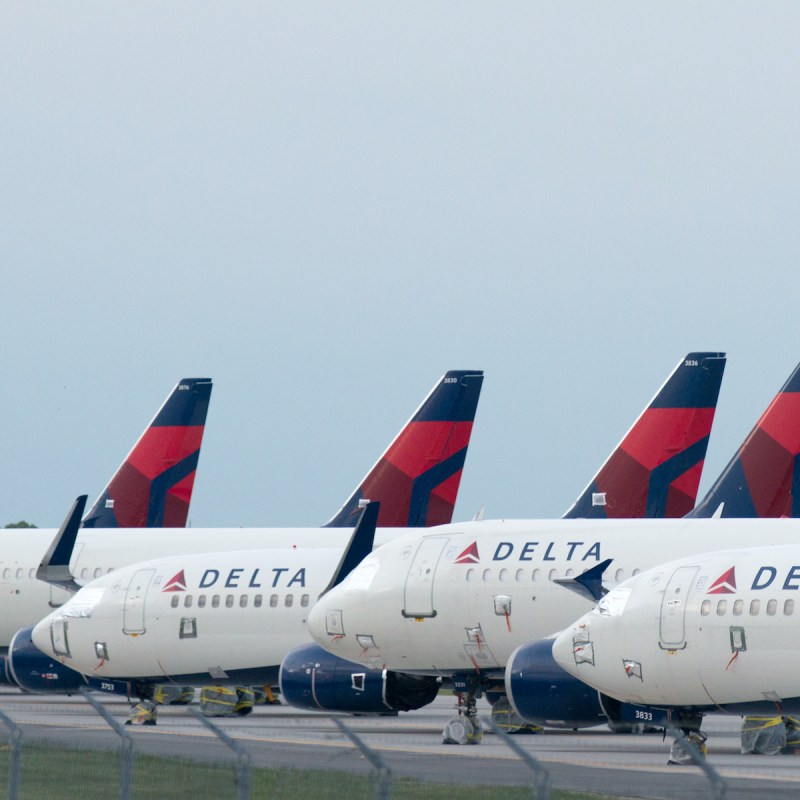
One of the factors contributing to a chaotic summer for air travelers is there simply aren’t enough pilots to fly all the flights that airlines are booking.
Videos by TravelAwaits
However, Delta and Wheels Up, a provider of on-demand private aviation in the U.S. and one of the largest private aviation companies in the world, have formed a partnership to strengthen Delta’s pilot pipeline. Consequently, Delta now plans to hire and train more than 2,400 pilots in 2022.
“The diverse type of flying operations and attentive customer service skills associated with Wheels Up’s on-demand charter operation will instill a foundation for Propel Program (Delta’s pilot career path program) candidates to have a successful career ahead at Delta,” Captain Ashish Naran, a former corporate pilot, said in a statement. “It’s all about getting the job done right and safely for the customer, and this partnership with Wheels Up will set that strong foundation for this next generation of Delta pilots.”
Why There’s A Pilot Shortage
The ongoing pilot shortage stems from a confluence of factors.
First, during the COVID-19 pandemic, many senior pilots at major airlines accepted early retirement packages. Since then, aging pilots continue to retire at a faster rate than new pilots can be hired.
One key reason for a shortage of pilots in the training pipeline is the result of what’s sometimes referred to as the Federal Aviation Administration’s “1,500 hour rule.” That’s because the FAA requires potential commercial airline pilots to have logged 1,500 hours of flight time before they receive their airline transport pilot certification, which is necessary to be eligible to fly for an airline and meet the hiring minimums of most regional airlines.
The problem is that it takes quite a bit of time and money to reach that milestone. Indeed, it typically takes pilots not trained by the military two or three years to log that many hours, with around $250,000 of out-of-pocket expenses, according to Forbes.
There are other factors contributing to the pilot shortage as well. The upshot is that while estimates vary, it’s generally believed that airlines need to hire somewhere between 12,000 and 15,000 pilots this year, according to Forbes. However, the current rate of training is only expected to produce around 6,000 pilots this year.
Delta And Wheels Up Partnership
The Propel program, Delta’s pilot career path program, was launched in 2018 to “identify, select, and develop the next generation of pilots.” It’s one of Delta’s pilot pipelines, along with the military, and hiring from regional carriers. So far, more than a dozen participants have graduated from the program and “earned their Delta wings.”
Wheels Up is a Part-135 operator, an FAA certificate holder “that does not have pre-set limits on the available size or scope of their operations.” It is the first Part-135 operator and the only private aviation partner in the Propel program.
“Private aviation offers a unique, customer-focused perspective for new aviators to get a wide range of experience beyond the flight deck, interacting with customers at every stage of their journey,” Delta explained.
“We believe that by working together, we can provide meaningful and exciting assignments for pilots at every stage of their careers,” Stevens Sainte-Rose, chief people officer at Wheels Up, said in a statement. “We [Delta and Wheels Up] collectively want to innovate in how we attract, retain, and develop the very best pilots in the industry.”
Be sure to also visit our airports and flying content, including:
